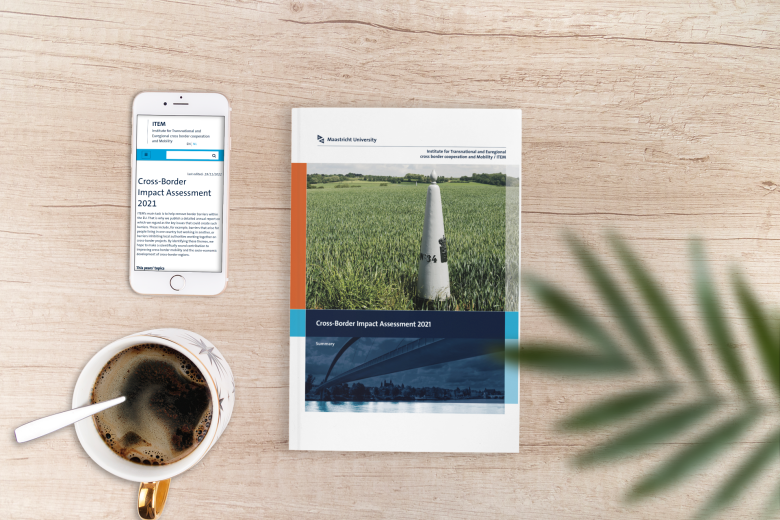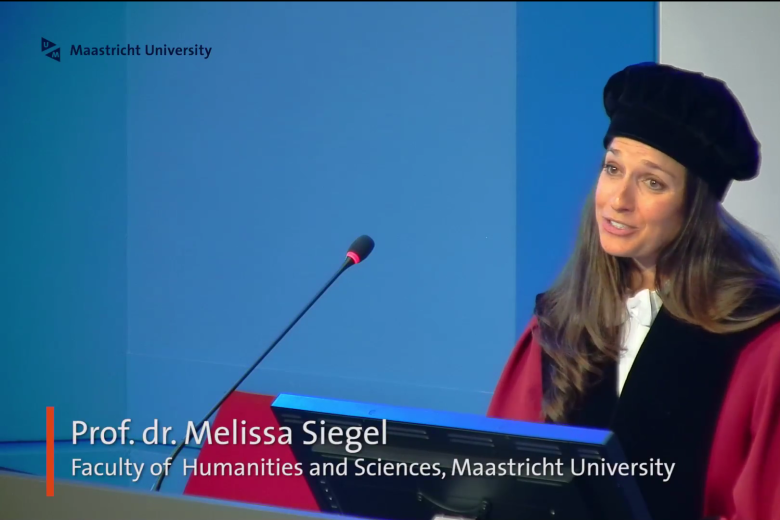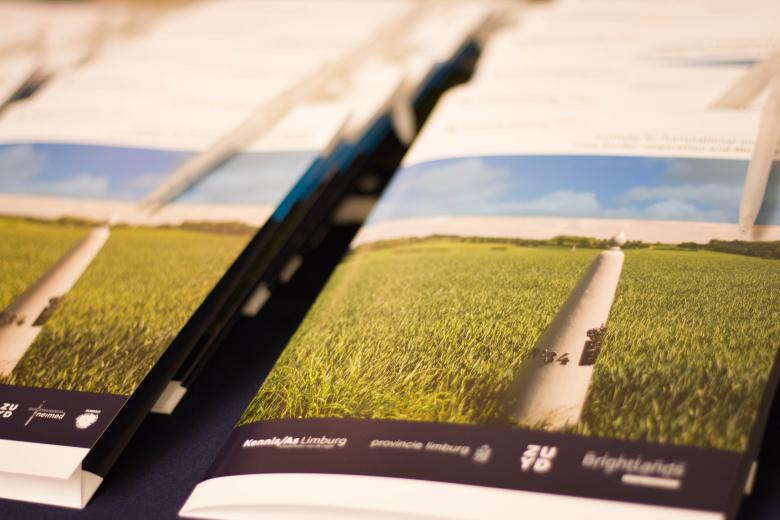ITEM calls for participants of survey about international migrants in the Euregio Meuse-Rhine
Maastricht University researchers are currently calling for people to take part in a survey about the reasons for highly-skilled international migrants to come to live and/or work in Limburg (NL) or the Euregio Meuse-Rhine. By participating, you can help make internationals’ lives, like your own, in the region easier and increase the attractiveness of the region for internationals. This study is conducted by researchers at Maastricht University's Institute for Transnational and Euregional cross border cooperation and Mobility / ITEM and the Maastricht Graduate School of Governance | UNU-MERIT in cooperation with the Holland Expat Center South (HECS).
By participating in this survey, you can help Limburg and the Euregio Meuse-Rhine to further improve its attractiveness for international migrants. This is important for several reasons:
- to improve services targeted at international migrants that facilitate the process of settling, working and living in the region;
- to inform employers to attract and retain highly skilled migrants to fill skills shortages;
- to increase the presence of highly skilled people in the region, which can contribute to economic growth, innovation and an increased global competitiveness.
Data obtained through this survey is aimed to explore the factors explaining migration decisions and mobility intentions of highly skilled migrants who arrived in Dutch Limburg and the Euregio Meuse-Rhine during the past ten years. It focuses specifically on migrants' perceptions towards living in a border region.
Completing the questionnaire will take approximately 25 minutes.
To participate in the survey, click here.
This study is conducted by researchers at Maastricht University's Institute for Transnational and Euregional cross border cooperation and Mobility (ITEM) and the Maastricht Graduate School of Governance | UNU-MERIT in cooperation with the Holland Expat Center South (HECS).
For more information about this project please click here or send an email to EMRinternational@maastrichtuniversity.nl.
Relevant links
Also read
-
ITEM Cross-Border Impact Assessment 2021 published
Due to the Corona crisis, also many cross-border workers are forced to work in their home country. They have been asked not to cross the border to come to their office situated in the neighbouring country. At the moment, this is only possible because the Dutch, Belgian and German governments have...

-
Migration &: The Depth and Breadth of Migration Studies
What do we consider a migrant? What drives migration? And how does migration interact with other areas? These are topics Prof. dr. Siegel covered in her inaugural lecture in June 2017.

-
ITEM’s prospective study on understanding the decision of international migrants to stay in or leave the Euregio Meuse-Rhine (EMR), which officially starts in 2017, is being prepared.
ITEM researchers kicked off the preparatory work for ITEM’s prospective PhD research project with the title “Understanding the decision of international migrants to stay in or leave the Euroregion” starting in 2017.
